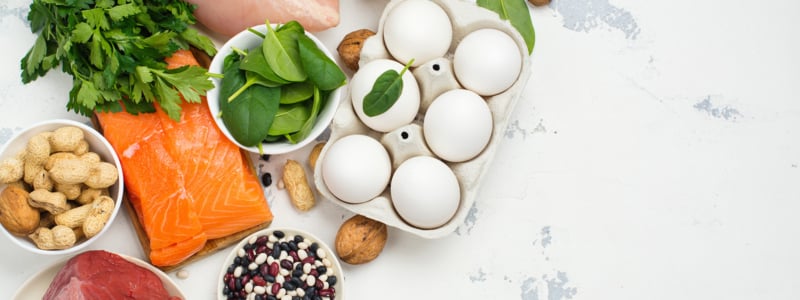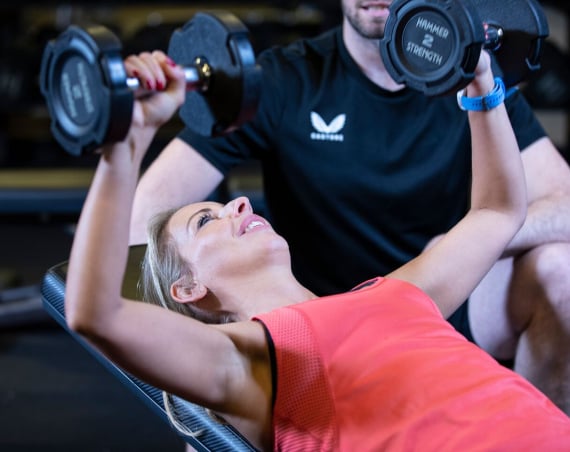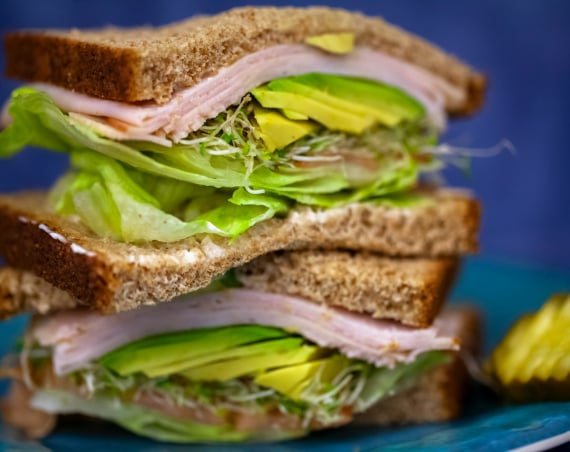We all know that a balanced diet is crucial for good heath – and one of the key elements is protein.
That’s because protein is what our bodies use to repair and renew. This superstar macronutrient keeps our bodies and minds strong, healthy and functioning properly. And it’s not just about maintenance. Protein is a significant component when it comes to growing muscle mass, too.
Whatever your training goals, from fitness to flexibility, make sure your diet is giving you the right support. We’ve partnered with the experts at Optimum Nutrition UK to help you understand more about this crucial nutrient – and, most importantly, how to ensure you’re getting enough protein for your individual needs.
“Ideally, you should try to get all your protein from a variety of protein-rich foods, such as meat, fish, eggs, dairy, legumes, nuts, seeds and tofu,” says Dr Crionna Tobin, Head of Nutrition & Education at Optimum Nutrition UK.
“However, sometimes it can be difficult to include these foods into meals and snacks, because of our habits and how we traditionally eat or our lack of time to prepare and cook the food.
“In these instances, a protein shake can be a super-convenient way to add a high-quality protein source to meals and snacks.”
With that in mind, we’ll be looking at how you can tweak your diet to include enough protein, as well as how to incorporate different types of protein powders for those times when you don’t have easy access to the right foods.
Jump to:
What are the benefits of protein?
How does protein help with building muscle?
What are protein-rich food sources?
What are the benefits of protein?
As well as helping the body get the nutrients it needs, protein has multiple health benefits, including:
- Keeping your brain functioning normally: Protein makes the enzymes, hormones and neurotransmitters necessary for correct cognitive function.
- Balancing your mood, preventing irritability and moodiness: It keeps your hormones balanced, synthesising ‘happy hormones’ such as dopamine and serotonin.
- Aiding concentration, focus and energy: Protein supplies the amino acids vital for this.
- Building healthy bones: What’s more, this nutrient assists with healing broken bones, preventing weakness, fracture and osteoporosis.
- Slowing down the aging process: Protein keeps muscle mass intact, supports strong bones, and helps brain and immunity function.
How does protein help with building muscle?

As we’ve mentioned, protein is also key to helping you build and maintain muscle mass.
How it works:
- When you lift weights or exercise your muscles, you damage the muscle tissue. When our body repairs the muscles, they become bigger and stronger.
- In order to repair the muscle effectively, your body needs protein.
- Without adequate protein, your body cannot repair the muscle, and no gains will be made.
- If you don’t eat adequate protein, your body will simply begin to break down muscle fibres in order to meet its energy needs.
Not only does protein help with muscle growth, but a high-protein diet can help you maintain the weight that you feel is healthiest for you.
- Protein makes you feel fuller for longer as it slows down digestion. This prevents overeating and excessive snacking.
- When paired with carbohydrates, protein slows down your body’s absorption of sugar into the bloodstream. This prevents blood sugar spikes, balancing out your energy levels and keeping your mood and appetite in control.
- Protein requires a higher amount of energy to digest (a process called thermogenesis), so you burn more of the protein calories you take in.
How much protein do I need?
The amount of protein you need will depend on your age, sex and lifestyle. The Reference Nutrient Intake (RNI) for adults is 0.75g of protein per kilo of bodyweight per day. A basic rule of thumb to follow is to make sure about 25% percent of your plate at every meal is a high-quality source of protein.
What are protein-rich food sources?
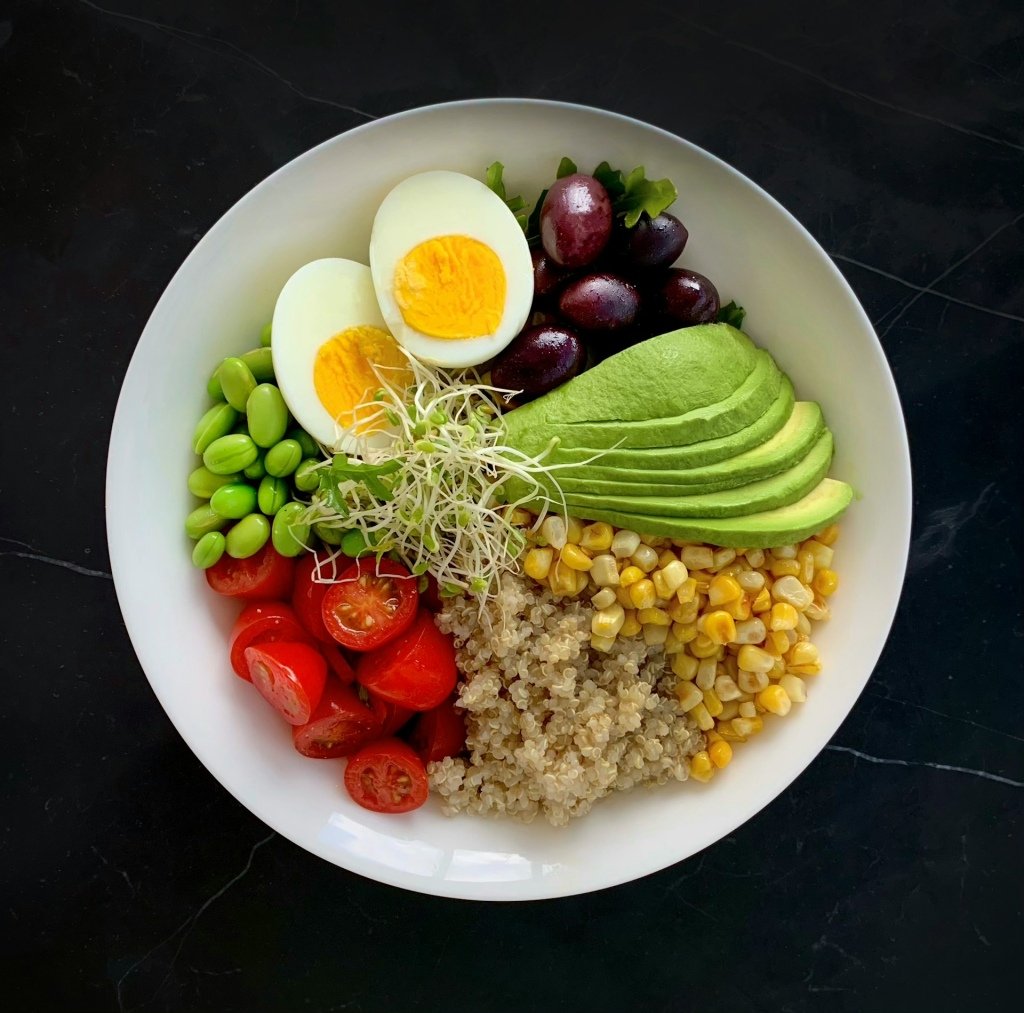
While our bodies can make some amino acids (called ‘non essential’) it needs other amino acids (called ‘conditionally non essential’ or ‘essential’ amino acids), from protein-rich foods. Sources include:
- Beef
- Chicken
- Salmon
- Lentils
- Black beans
- Eggs
- Milk
- Greek yoghurt
- Cheese
- Nuts
- Brown rice
- Oats
- Leafy greens
- Beans
- Seeds
- Tofu
- Quinoa
What is whey protein powder?
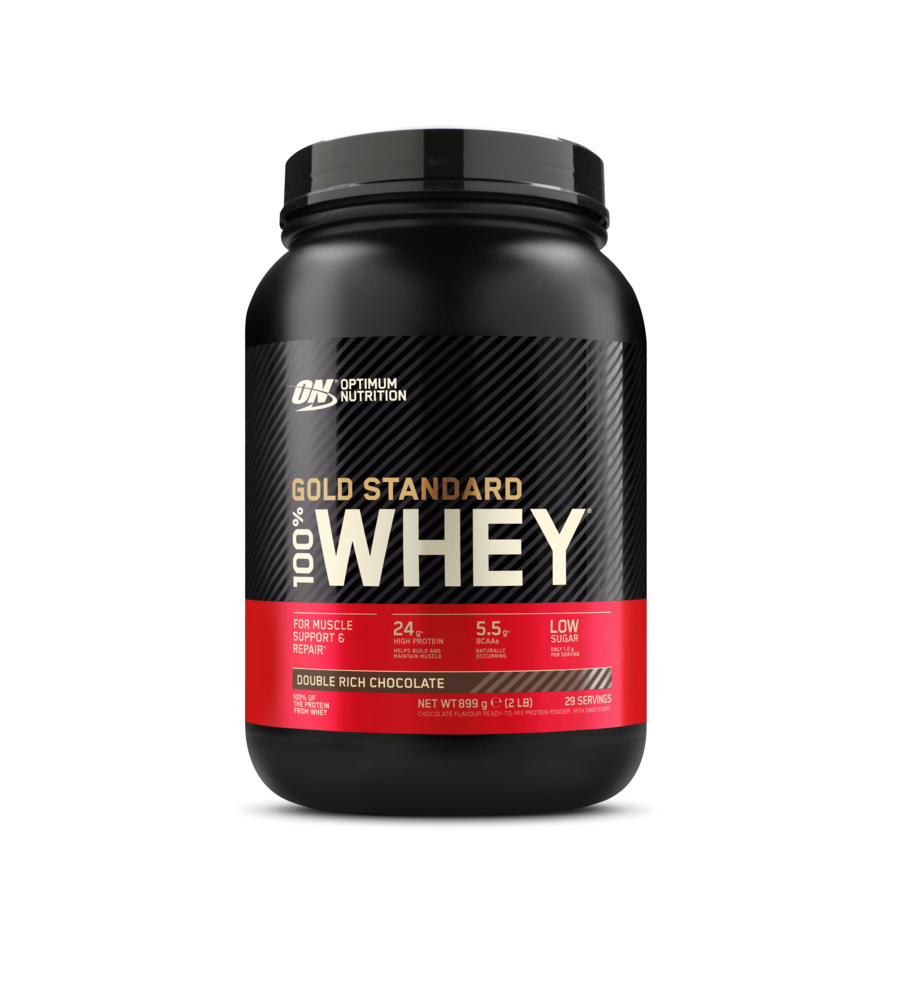
If you find it tricky to get enough protein from your diet, using a powder can give you that nutritional boost.
“Whey protein is one of the most common and longstanding sources of protein in a shaker,” says Dr Tobin.
“This is because it is easily sourced from milk and is a high-quality complete protein. Whey protein is rapidly digested and packed with all the essential amino acids — which are the building blocks of protein.”
What is plant protein powder?
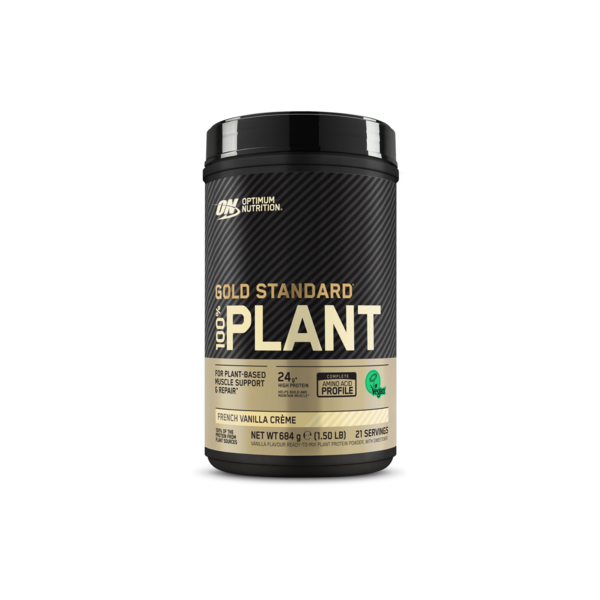
There’s been a real focus on plant-based powders in recent years – great news for vegans, anyone who’s lowering their consumption of dairy and/or animal products overall, or those who simply love trying something new.
Plant powders include protein from a variety of – you guessed it – plant-based sources, such as soy beans, peas and brown rice.
“In general, these plant protein sources are incomplete or are missing one or more of the essential amino acids,” explains Dr Tobin. “This means they are unable to fully support the body’s muscle goals compared to a complete protein.
“However, once you combine incomplete plant protein sources, a complete protein source is created, providing all the essential aminos needed to ideally support the muscle.”
David Lloyd Clubs members can enjoy a 20% discount with Optimum Nutrition. Fuel your workout or recovery – just head to the benefits section on the app.
Explore more about nutrition
The breakfast guide for early-morning gym-goers
You may be a flexitarian and don’t even know it
Nutritionist-approved ways to stay hydrated
Find a club